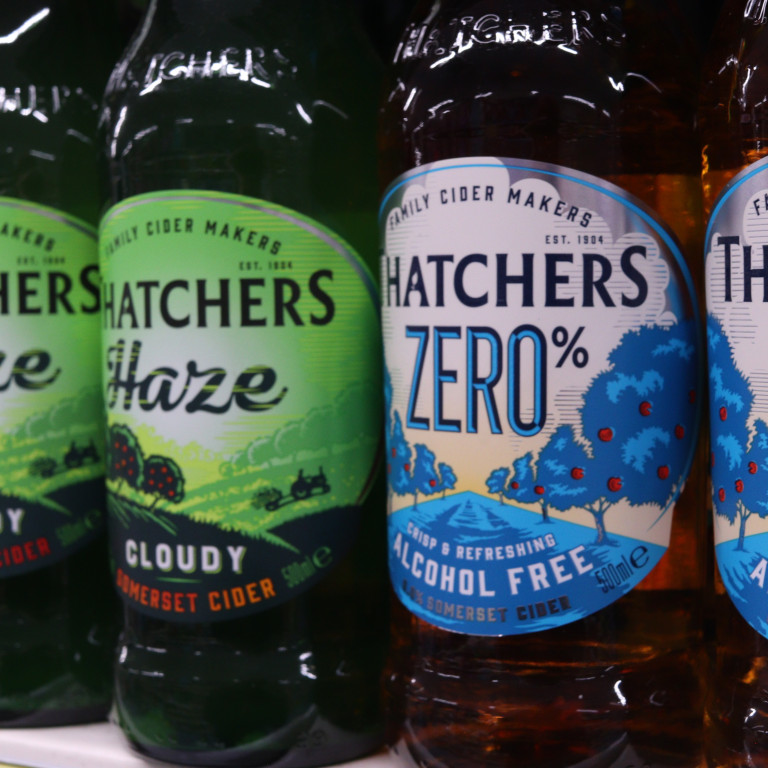Trade mark registrations are not immune to challenge. Missing the opportunity to oppose an application for a trade mark before it is registered does not mean it is too late to take action. Even after registration it can still be possible to cancel or have a registered trade mark declared invalid. The person challenging the trade mark does not always need to own a similar registered trade mark themselves.
When would a business need to challenge a trade mark?
Often businesses become aware of the problem in the following situations:
- They are about to apply for a registered trade mark in a brand name that has been used for many years without registration but when searching the trade mark register discover that someone else has already registered the name.
- They apply for a registered trade mark but omit to conduct a thorough search for similar trade marks before applying. The first they learn of the already registered trademark is a letter from the Intellectual Property Office trademark examiner stating that if their application proceeds, the examiner will write to the owner of a prior registered trademark inviting them to oppose the application.
- They have a registered trade mark but for some reason (such as failing to update their address for service on the register) identify a trademark in their brand name which somehow managed to be registered. There is no rule against concurrent registration.
In all of the above situations, it is too late to use the fast-track opposition procedure because the trademark is already registered.
How can registered trade marks be canceled?
Obtaining trade mark registration does not guarantee that it will remain on the register. Any trademark is vulnerable to proceedings before the Intellectual Property Office tribunal which could result in it being removed from the register. There are several grounds for an application but most often these are relied on by the party seeking to challenge:
- the name or logo is insufficiently distinctive or unclear, for example, it describes the product or relates to a geographic location
- there is a prior registered trade mark in the same or similar name or logo
- the challenger owns unregistered rights such as copyright or passing off in the name or logo that existed before the trade mark was applied for.
- the trade mark was applied for in bad faith – for example in brand hijacking situations such as taking control of someone else’s Amazon listing
- the trade mark has not been used
Find out more
If you would like any help or support then visit our dedicated Intellectual Property pages or contact our expert team.





